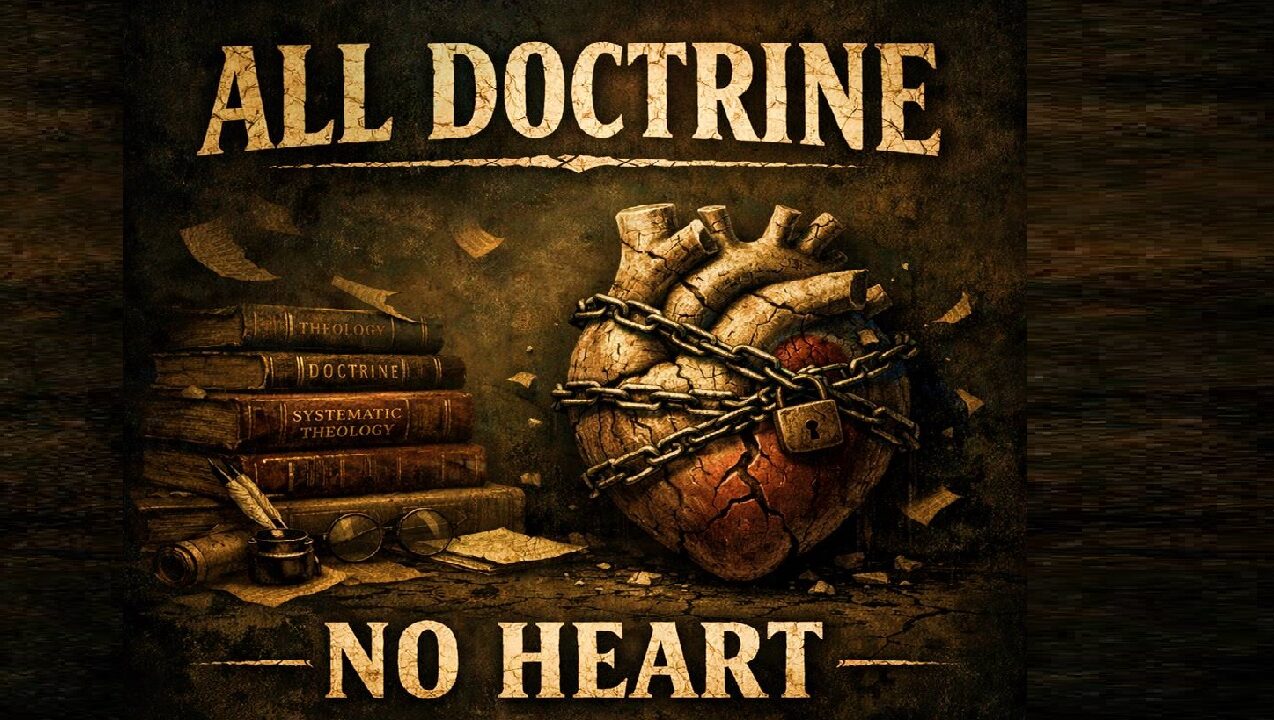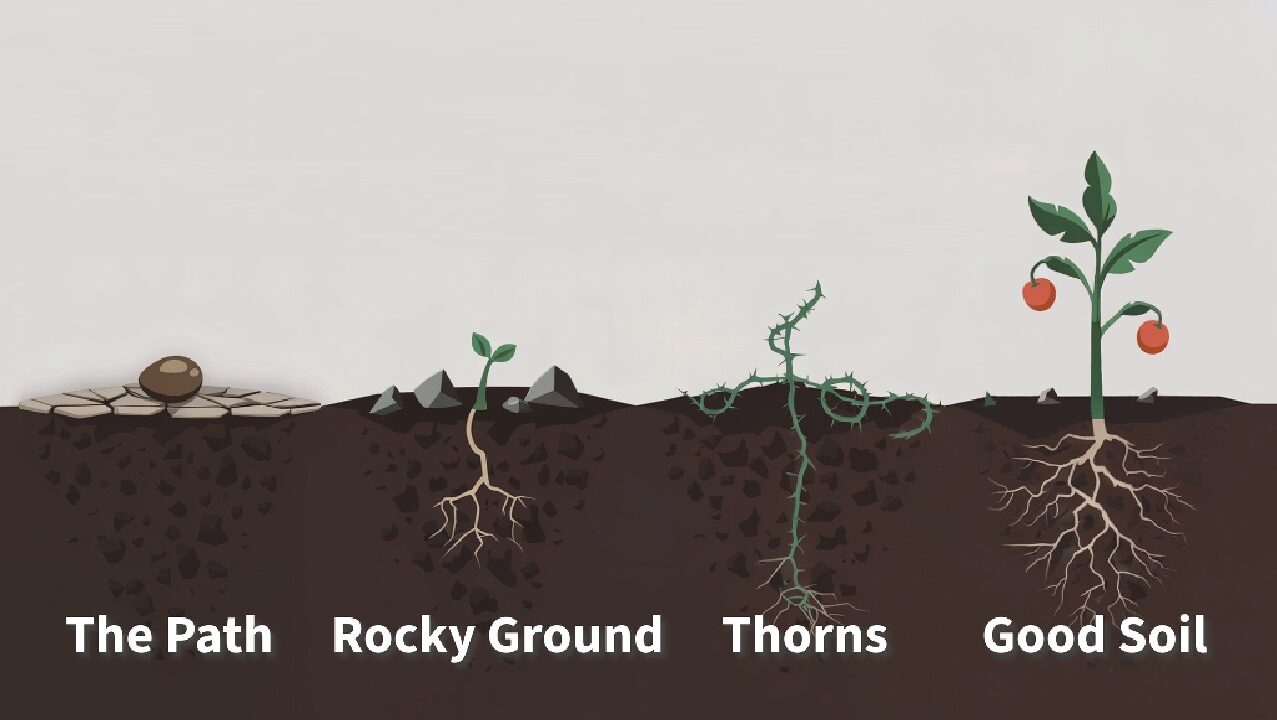Matthew 5:17
Jesus said that he did not come to completely “abolish the Law but to fulfill it,” i.e., to give the Law its full and complete meaning/understanding. As The New Living Translation paraphrase of Matthew 5.17 makes clearer:
“Don’t misunderstand why I have come. I did not come to abolish the law of Moses or the writings of the prophets. No, I came to accomplish their purpose.”
In other words, Jesus was sent to reform the Old Covenant [OC] Law of Moses by establishing the New Covenant [NC] Law the OT and ancient rabbis spoke about! So that now OC laws regarding lethal violence, enemy-love, etc., have been revised, expanded, made tougher! This signaled the move towards total non-lethal violence foretold in part by the OT prophets like Isaiah 2.4, NLT:
“The LORD [not the USA or any other nation!] will mediate between nations and will settle international disputes. They will hammer their swords into plowshares and their spears into pruning hooks. Nation will no longer fight against nation, nor train for war anymore.
And note how King Solomon is a type of the Messianic King when he’s described in 1Chro 22 as a peaceful “man of rest.” This is in stark contrast to his father David who could not build the Temple of God because he had “shed much blood and have waged great wars.”
Jesus expected his Jewish listeners, especially his closest associates (the Apostles) not just to start teaching but living and practicing his teachings during his lifetime; not just after the cross. This was regardless of whether or not they were fully understood at the time they were said. That’s why God later had to raise up a 13th Apostle, Paul, to explain to the others things having to do with the Jewish calendar (Col 2), food laws (Rom 14; 1Cor 8, etc.) and the all-important circumcision (Rom 2; Gal 5-6).
Matthew 5:19
In Matthew 5:19 “these commandments” may be a reference to the new teachings by Jesus that follow, e.g., “You have heard it was said… but I say to you” (vv. 21, 27, 31, 33, 38, 43). Jesus is not merely repeating Mosaic Laws but sometimes changing them, e.g., God said “an eye for an eye” (Lev. 24.20) but Jesus says “love your enemies” (Mat 5.38-39); later in Matthew 19 Jesus does away with the certificate of divorce allowed under the Law in Deut. 24.1-4, etc.
This all aligns with Jesus saying he came to “fulfill” (5:17) the Law and prophets. The word “fulfill” does not mean to repeat or to keep the Law of Moses, which some render as “to give them their full meaning.” (CEV; ERV) The point is Jesus came to bring about and establish his own New Covenant “law of Messiah” (cp. 1Cor 9:20).
This also fits Matthew’s overall theme presenting Jesus as Moses redivivus, i.e., Moses reborn or the new Moses. So “these commandments” in Matthew 5:19 are to be understood as coming from Jesus, not Moses, that we are to obey and teach to others so that we “will be called great in the kingdom of heaven.” (Matt 5:20)
Matthew 23:2
This should not be read as some kind of a blanket, absolute endorsement/approval of Torah-observance on the part of Jesus. In fact, Jesus’ tactic here can be seen as pointing to the new covenant law, beyond the Pharisees teaching on the old covenant Law of Moses. For example, note how Jesus goes on to stand against those self-same Torah-teachers by declaring 7 woes upon them. So Jesus here, as elsewhere, repeatedly not only argues but sometimes corrects their brand of Torah teaching! We saw this back in Mat 12 where Jesus declares his disciple’s innocent for “breaking the Sabbath,” just like King David, his friends and the Temple priests. This is followed by Jesus astounding declaration of himself as “greater than the Temple” and “the lord of the Sabbath,” i.e., he has been given the authority to observe or not observe the day.
This is an authority he now claims for any who follow him.
In Matthew 15 he corrects the old teaching regarding food laws by saying that it is not what you eat that makes you unclean. But whatever goes out of the mouth comes from within [your heart], and that’s what makes a person unclean.
- NOTE the parallel account in Mark 7:19b where By these words Jesus pronounced all kinds of food clean.
In Matt 19 Jesus does away with the certificate of divorce that was given under the old covenant law by saying “Moses permitted divorce only as a concession to your hard hearts, but it was not what God had originally intended.” Mat 19.8
Back in Mat 23:16-22, we find Jesus once again criticizing their taking of oaths/vows commanded under the Law of Moses (Num 30; cp. Deut 6.13). Yet, way back in Mat 5, in the sermon on the Mount, Jesus had done away with this old covenant law altogether: “But I say, do not make any vows!” Mat 5.33-34
These and many other examples throughout the Gospels explain why in Mat 23.34 Jesus says he will send his own prophets, wise men and teachers. Some of them you will kill and crucify, and others you will flog in your synagogues and persecute in town after town. But if Jesus is teaching Torah observance (according to vv.2-3), why would synagogues flog and even kill his own Torah teachers?
The German-born Jewish philosopher and historian Gershom Scholem was right to note:
“Once it could be claimed that the Messiah’s [so-called] apostasy was in no way a transgression, but was rather a fulfillment of the commandment of God, [as the rabbis said] for it is known throughout Israel that the prophets can do and command things which are not in accord with the Torah and its laws, the entire question of the continued validity of the Law [of Moses] had reached a critical stage.” The Holiness of Sin
Luke 4:16
We have already talked about the very important word “diplomacy.” But let’s not confuse the diplomacy of Jesus with Torah-keeping. For example, Jesus and Paul were both skilled professionals “managing international relations,” i.e., between Israelis and Gentiles [Greco-Romans]. Like Jesus, Paul taught in the synagogues on the Sabbath: Acts 13.14-16. Yet, Paul teaches against Sabbath-keeping: Rom 14.5; Col 2.6.
Just like Jesus and his Apostles: Mat 12.1-6; “I work every single day, just like God the Father,” John 5.17!
Hebrews 9:17: “For a covenant is valid only when people are dead, for it is never in force while the one who made it lives.”
For more see https://jesuskingdomgospel.com/jesus-new-covenant/
Paul in Acts
It’s of course true that all scripture is God breathed and for our instruction, which includes the OC Law of Moses, the prophets, and the writings. The question is whether or not OC commandments like circumcision, the Sabbath, etc., were continued to be practiced and taught by the Christian Paul.
NOTE Paul’s own words like 1Cor 9:21 that explicitly deal with these issues. Or others like 2Cor 3 where Paul goes on to describe the 10 commandments, i.e., “engraved in letters on stone,” as “the ministry of death,” and “condemnation”! And how the Law of Moses as a whole now stands as a “fleeting glory,” meaning it “was glorious.”
2Cor 3:10 For indeed, what had been glorious, now has no glory because of the tremendously greater glory of what replaced it. 3:11 For if what was made ineffective came with glory, how much greater is the glory of that which endures!
Acts 17:1-2
Again, like Jesus, the focus is to convert fellow Jews. Paul himself gives his diplomatic reasons in 1Cor 9:18-22.
Acts 16:3
Yes, Paul circumcised Timothy but reading because of the Jews who were in those parts! Not because Paul was teaching follow circumcision/Torah.
Acts 18:18
Paul takes a Nazarite vow but again, Paul himself gives his diplomatic reasons in 1Cor 9:20-21.
Acts 21:19-21
The Jerusalem church accuses Paul of apostasy from Moses.
NOTE does not contradict the council’s decision back in Acts 15 re: Gentiles, not Jews specifically.
The Jerusalem charge involves Paul teaching Jews living among the Gentiles apostasy from Moses, i.e., by not having children circumcised and by not observing Jewish customs (also raised in 24:5–6, 13–21; 25:8). As late as Justin Martyr (Dial. 47) some Jewish Christians are keeping Torah without having a problem from their Gentile brothers.
The first thing to note is that Acts 21 does not contradict the Jerusalem council’s own decision back in Acts 15 to not get Gentiles circumcised and observe Torah.
NOTE as late as the 2nd century Justin Martyr reports that Jewish Christians who continued to keep Torah had no issues with Gentile Christians who did not keep Torah!
So the charge in Acts 21 has to do with Paul teaching Jews living among the Gentiles apostasy from Moses. And even though Paul seems to conform to Torah-keeping (I will explain why) the Jewish charge is nonetheless raised again in Acts 24-25!
What seems to be happening here is that similar to Jesus himself, Paul is following a diplomatic route. For example, when it came to paying the Torah-mandated Temple tax in Mat 17 Jesus declared his Apostles sons of the king, i.e., sons of the KOG. As such, Jesus says they are exempt, free from that OC law. However, in order “not to offend them [i.e., offend Torah-observant Jews],” Jesus told his Apostles to pay the Temple tax.
Similarly in Acts 16 Paul circumcised Timothy, “the son of a Jewish woman who was a believer…..because of the Jews who were in those places.” In other words not because Paul was preaching and practicing circumcision. But even “if I were still preaching that you must be circumcised—as some say I do—why am I still being persecuted?”
Paul asks in Gal 5.11. Another example of Paul’s diplomacy is in Acts 18:18 where Paul takes a Nazirite vow in order to placate Torah-observant Jews yet, they still tried to kill him!
Acts 25:8
Paul said I have not sinned against Torah because he remained bound by many commandments from Torah but not all. He was also working within the principle of diplomacy as per 1Cor 9:19-22.




